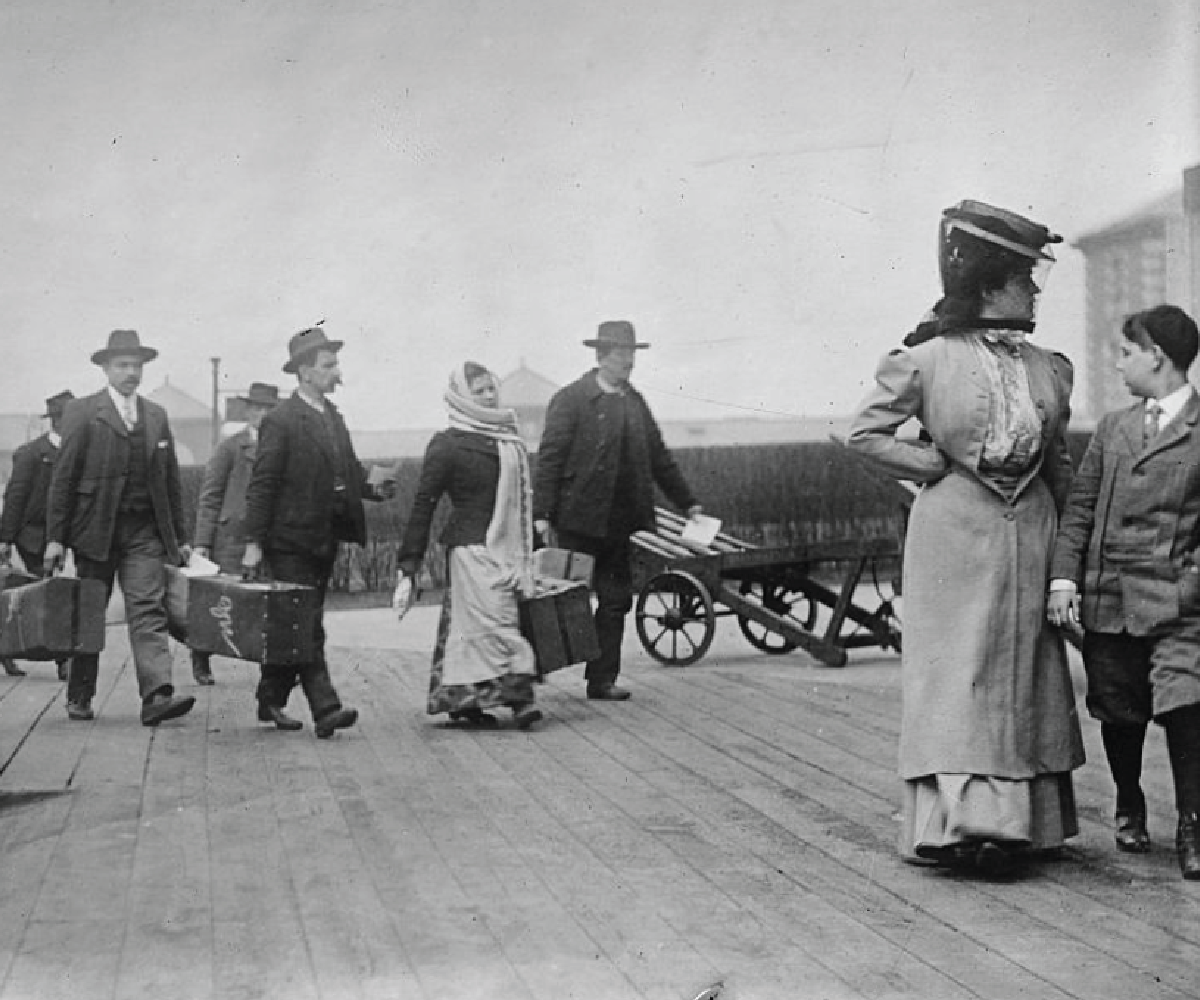Empowering Women, Developing Society: Female Education in the Middle East and North Africa
(2003) Education is a key part of strategies to improve individuals' well-being and societies' economic and social development.
(2003) Education is a key part of strategies to improve individuals' well-being and societies' economic and social development.
(2009) Malaria threatens close to one-half of the world's population, and more than 1 million children die each year of malaria-related complications.
Stacked next to the ubiquitous piles of green bananas in Uganda's markets are equally ubiquitous 5-foot-tall sacks of charcoal, a major reason why this country's forests are rapidly disappearing. Charcoal and fuel wood are the energy sources for the vast majority of a population that is increasing so rapidly the forests can't possibly keep up.
(2003) From instituting new maternal health policies to addressing the quality of health services for pregnant women and their newborns, Guatemala is taking a number of steps to try to reduce deaths and disability related to pregnancy, delivery, and postpartum complications.
(2011) Ethiopia has one of the highest rates of early marriage in the world, with one in two girls marrying before her 18th birthday and one in five girls marrying before the age of 15.

Attempts at immigration reform should address issues that have been with us, in various guises, for at least a century.
(2014) Les structures et tendances démographiques d’Israël sont uniques, un reflet de l’avenir complexe de la région qu’il soit politique, culturel ou religieux.
(2011) At the start of the UN International Year of Youth in August 2010, UN Focal Point on Youth Nicola Shepherd stated: "The International Year is about advancing the full and effective participation of youth in all aspects of society...we encourage all sectors of society to work in partnership with youth and youth organizations to better understand their needs and concerns and to recognize the contributions that they can make to society."
(2014) Israel's demographic patterns and trends are unique, reflecting the complex political, cultural, and religious future of the region.